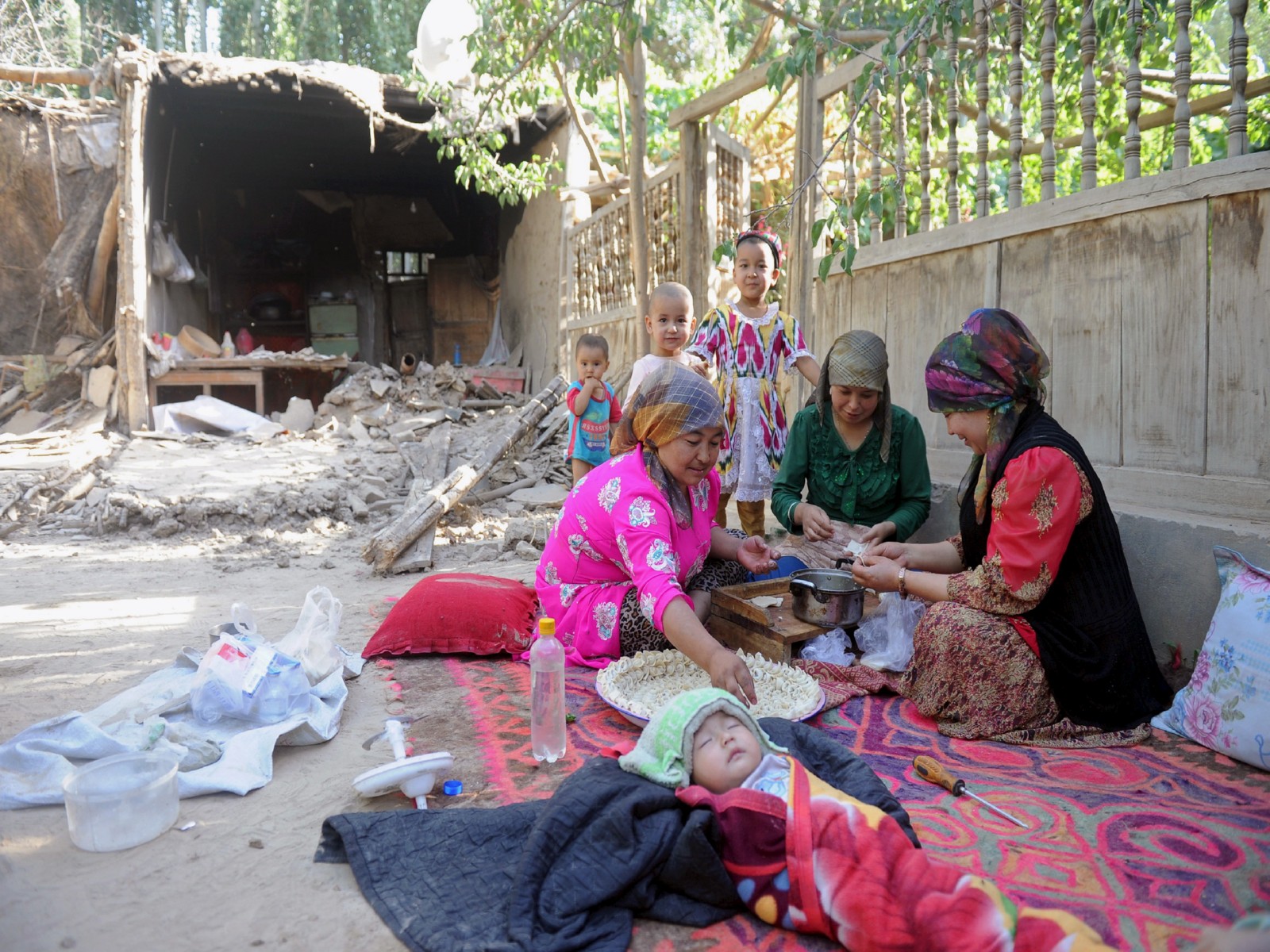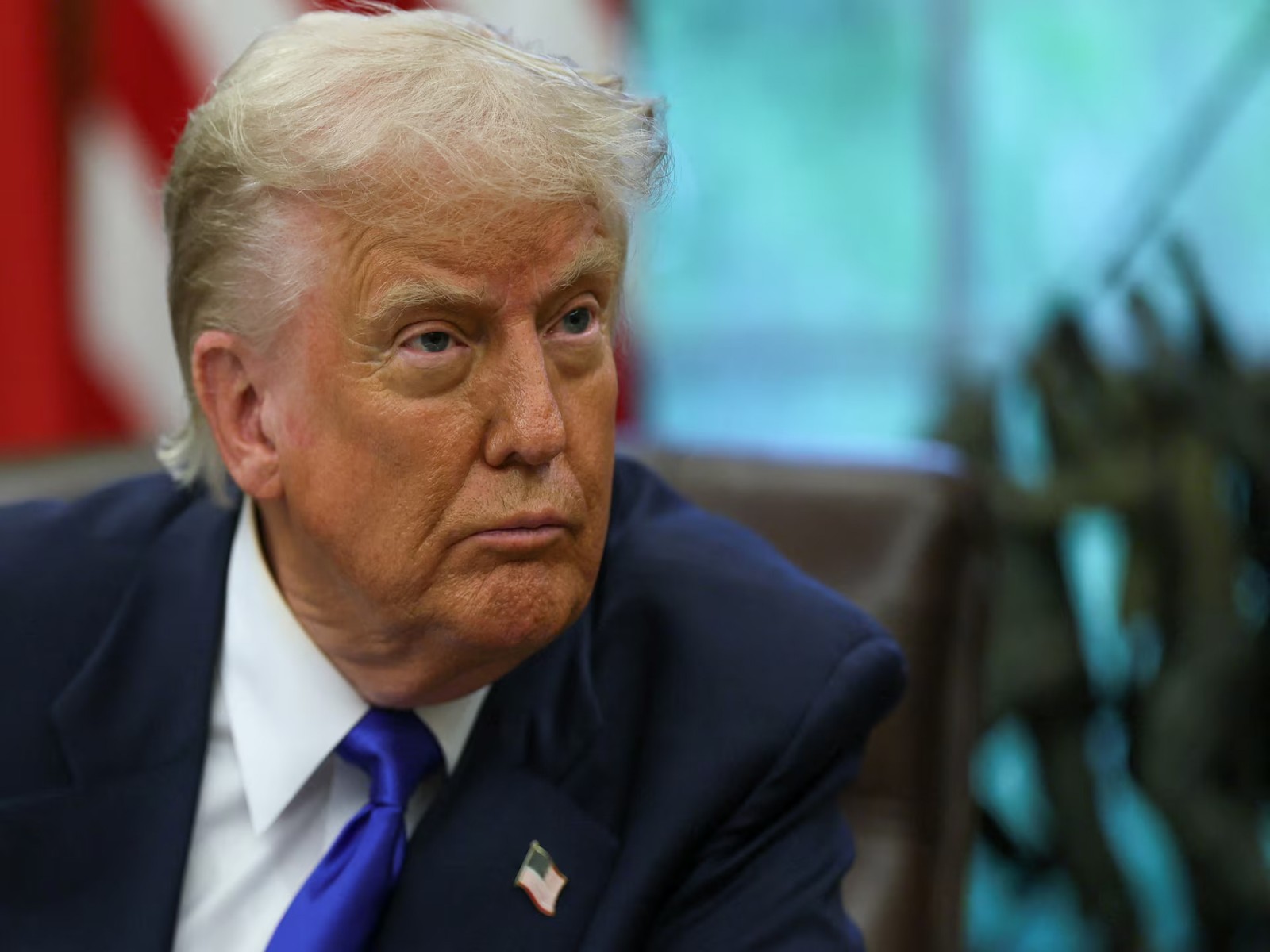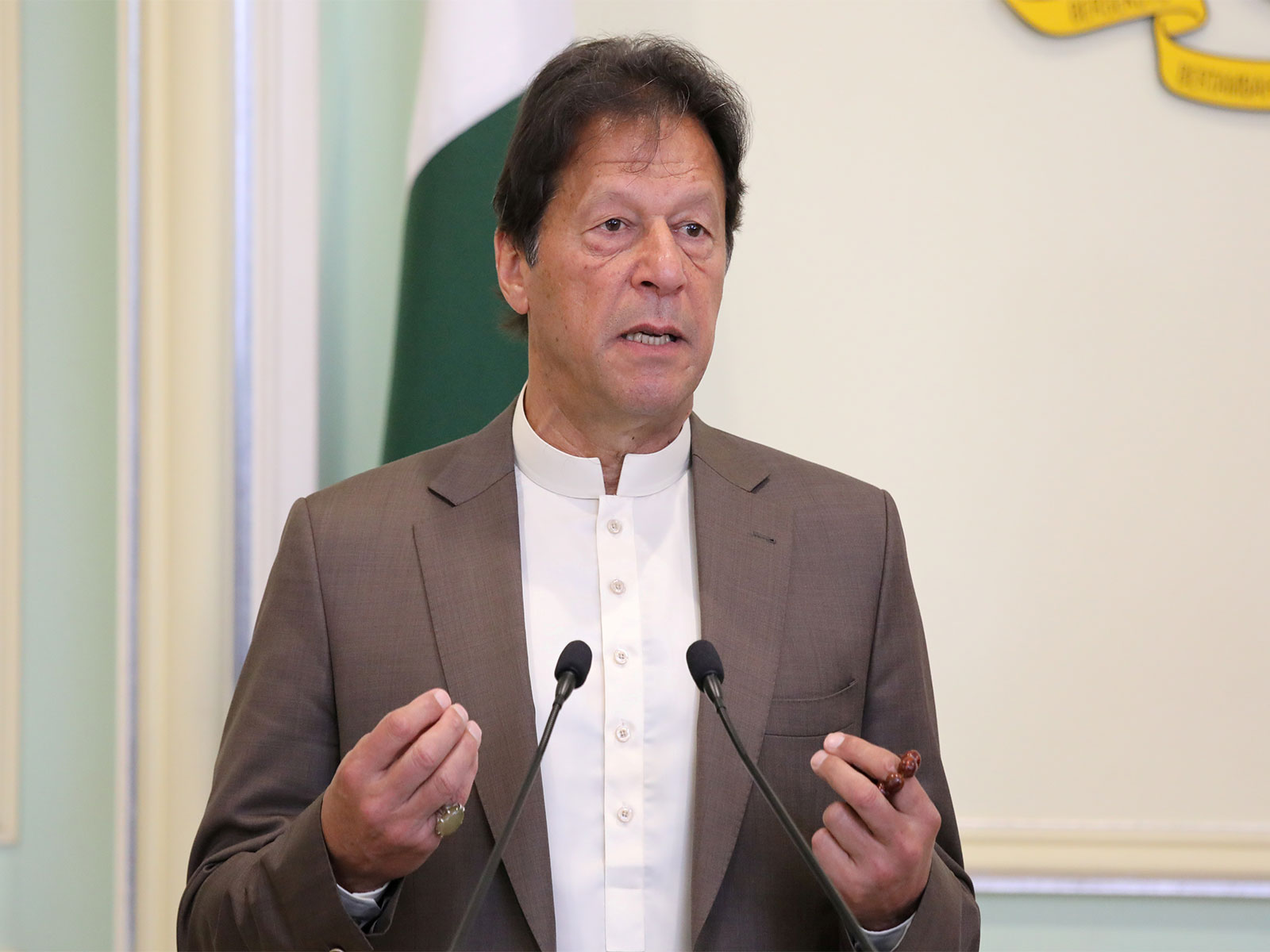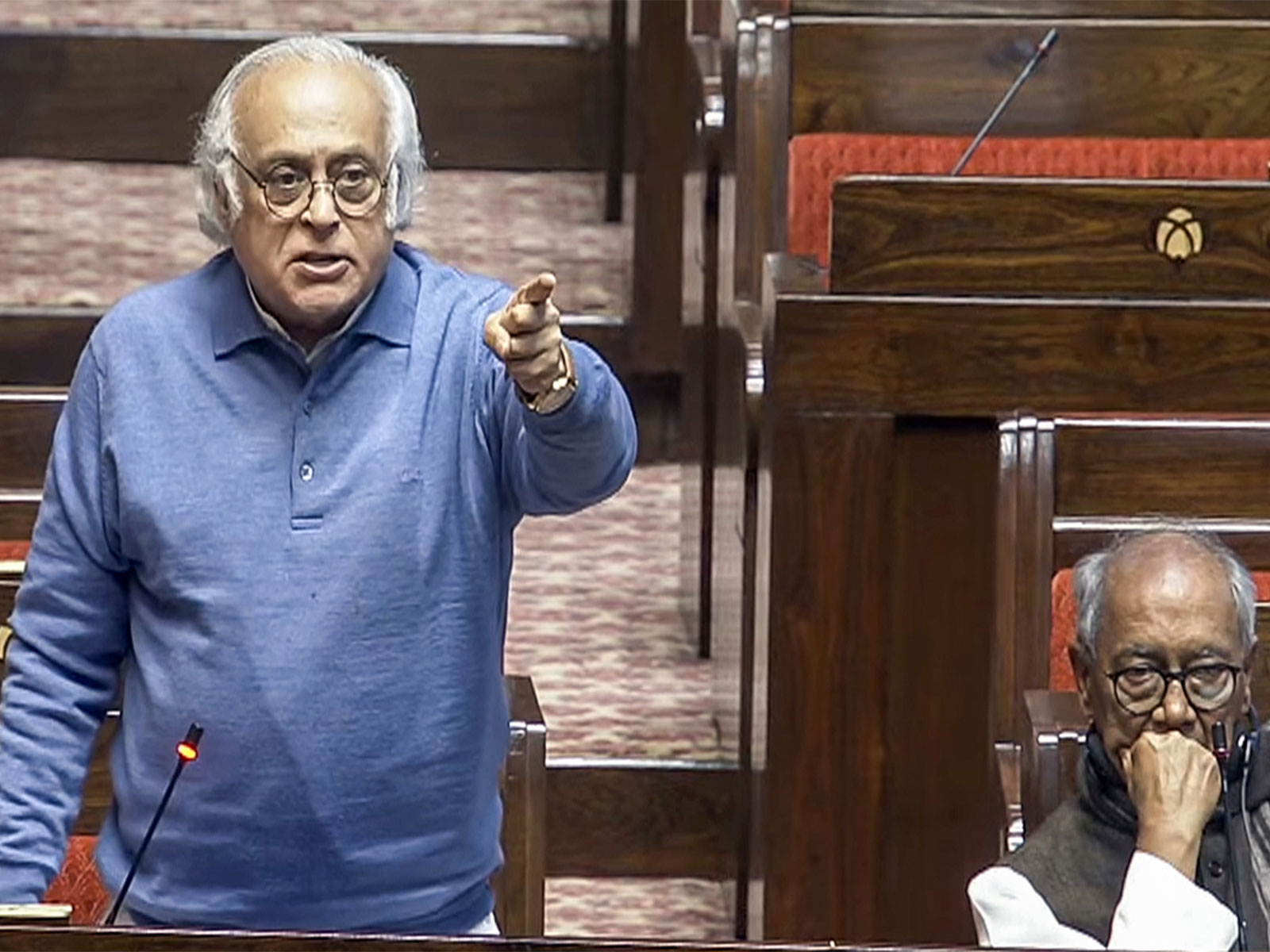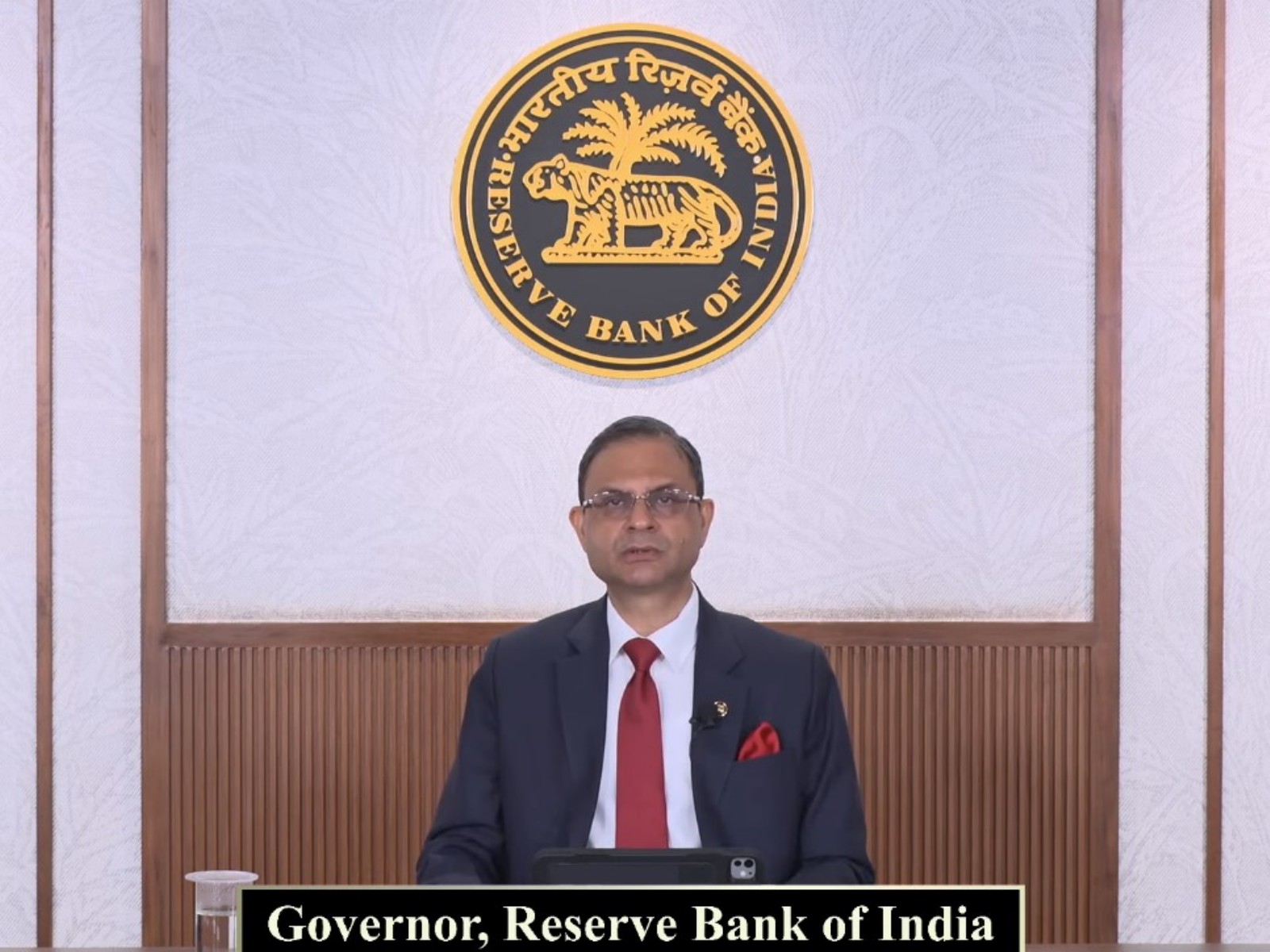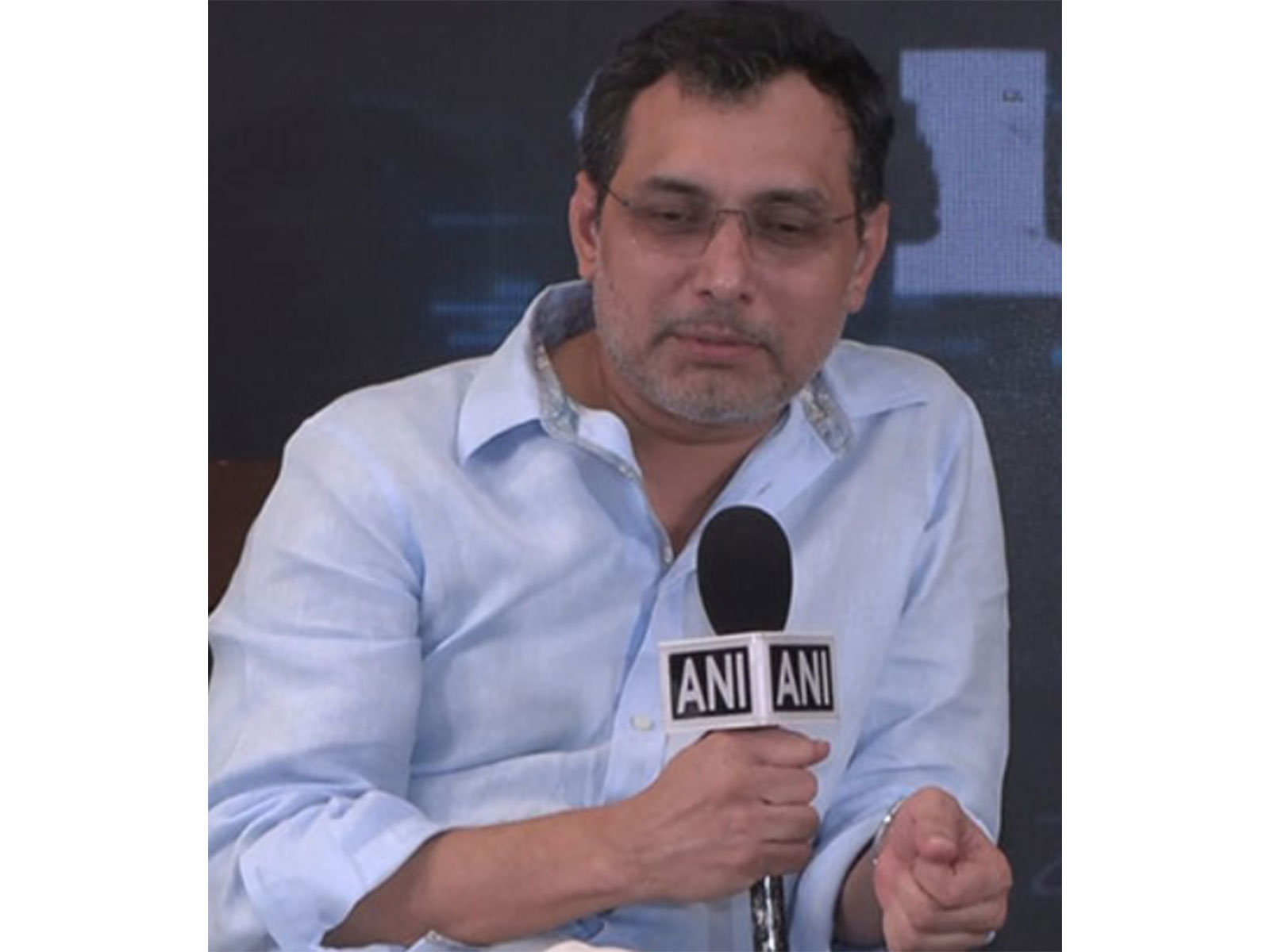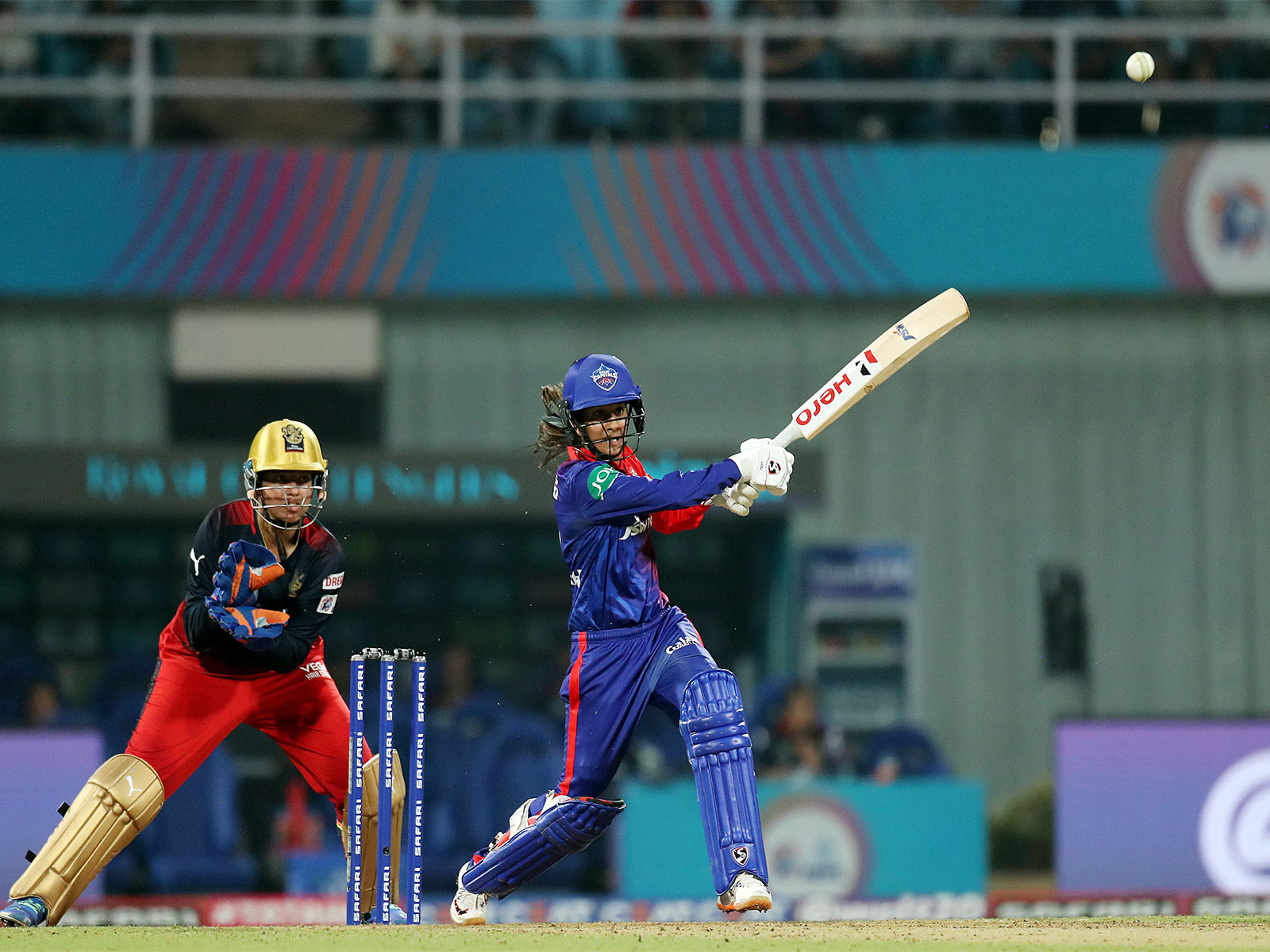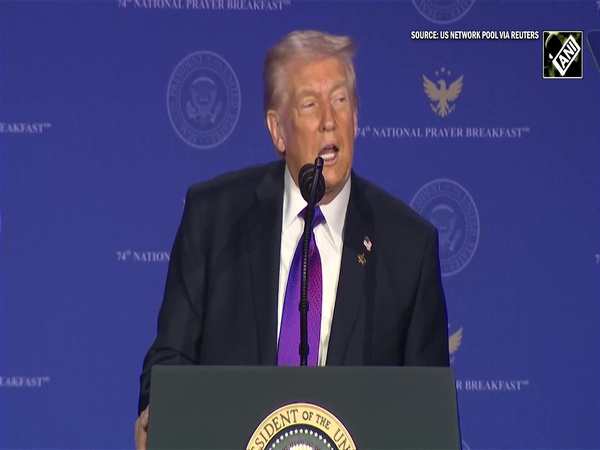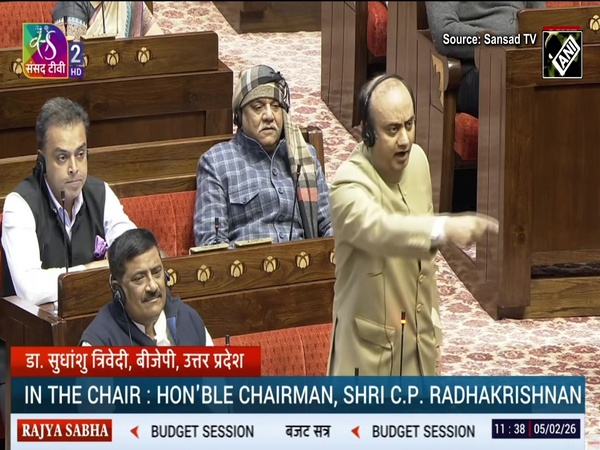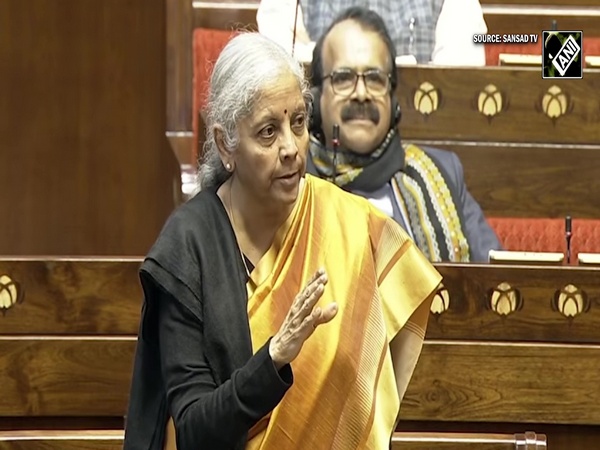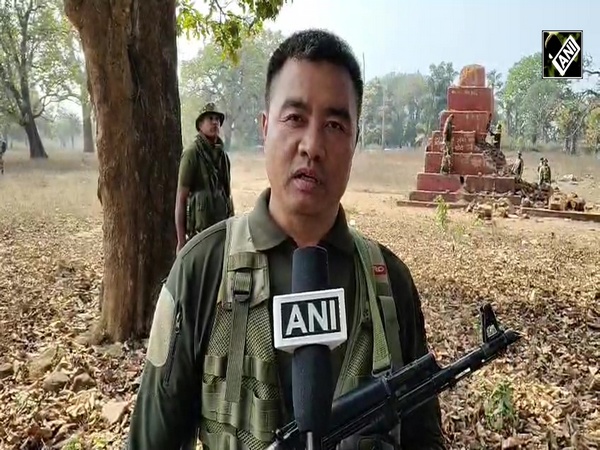No new issues should be considered in WTO unless past decisions were acted upon: India at WTO
Feb 28, 2024

By Sahil Pandey
Abu Dhabi [UAE], February 28 : India insisted that new issues should not be considered for ministerial mandates unless past decisions and unfulfilled mandates were acted upon.
India, during the discussions on Wednesday, stressed that the draft Abu Dhabi ministerial declaration that issues relevant to developing countries should find focus and prominence.
In the working session on development, India highlighted that historically, on the issue of development, there has been no dearth of promises made by developed countries, with each ministerial churning out lofty ideas.
"There have been many promises, but very little action, on account of which the vulnerabilities of the developing countries including the LDCs have only amplified further," as per the official statement.
India stated that the multilateral trading system stands at a crossroads today. While the world is battling multiple crises such as debt and balance of payment, the WTO itself is confronting serious challenges both from within and outside.
"As a consequence, the developing countries, including the LDCs, are not only expending their limited resources fighting these global challenges but also defending their interests in this multilateral forum," as per an official statement.
India emphatically stated that development is the goal and in fact, the very reason, why the developing countries, including LDCs, have joined this institution in the first place.
"Thus, it was imperative that the WTO prioritize, deliberate, and deliver solutions to the several challenges faced by developing countries, including LDCs. India recalled that the principles of special and differential treatment, which were facing attack from the developed members, were no exceptions to the general WTO rules, and in fact they were the inherent objectives of the Multilateral Trading System," the statement mentions.
India asserted that in their journey of industrialisation, the developed countries have used and benefitted from all policy tools available and are still utilising them for their new industries, where many industrial policy measures are being taken. The irony was that now, these very same members were kicking the ladder away.
India said that developing countries urgently needed flexibilities in existing rules. Infant and young industries in developing countries needed support through conducive policies, incentives, subsidies and level playing field.
